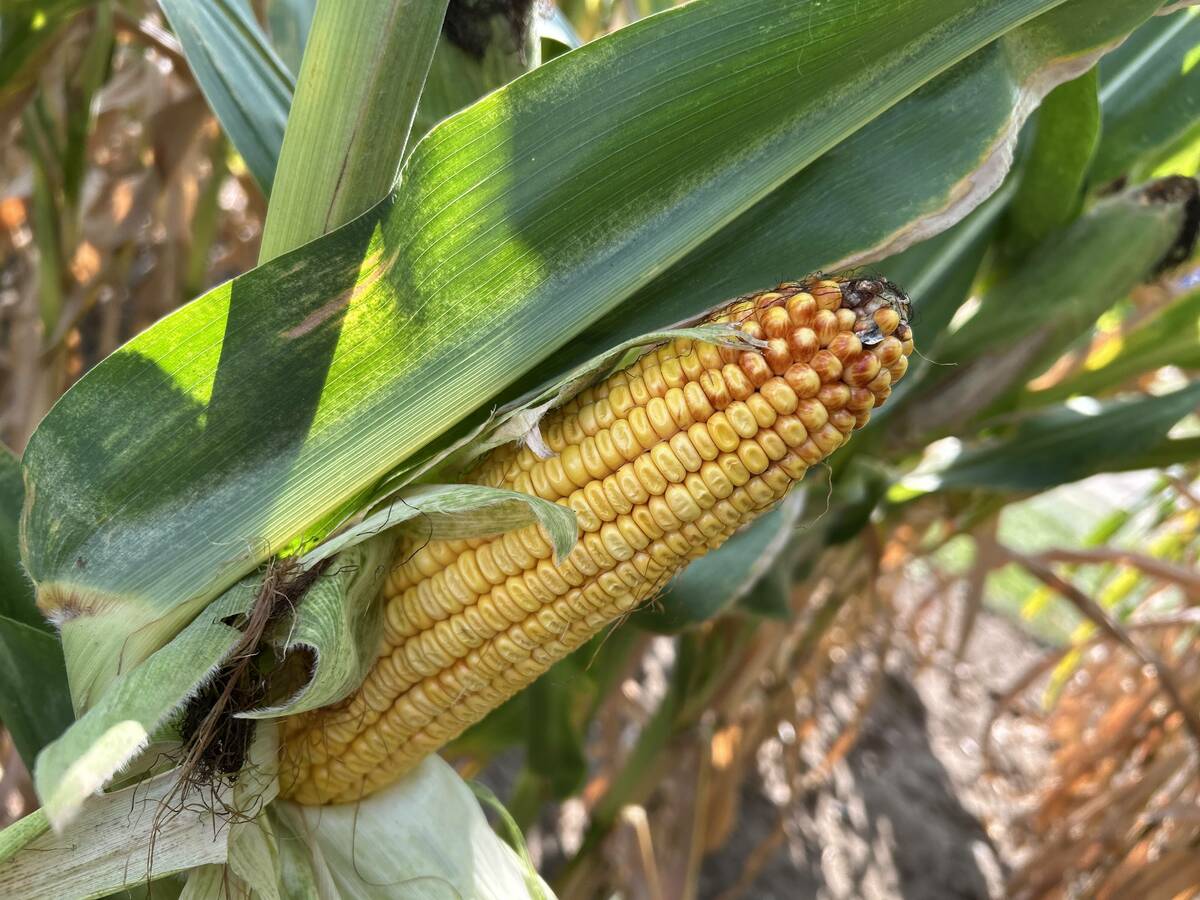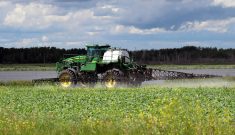The bloom may be off the Conservative rose in rural Canada and that offers Liberals a chance to gain back some ground they have been losing for decades, says the chair of the Liberal rural caucus on Parliament Hill.
Thunder Bay-Rainy River MP Ken Boshcoff said resolutions he expects to come from the Liberal leadership and policy convention in Montreal in late November will bolster the Liberal image in rural ridings.
“I truly believe it (Liberal rural decline) is reversible and from the correspondence from voters we are getting, particularly in Western Canada, I think there is real disillusionment with this government,” he said Nov. 9. “I think if we present ourselves as a party of balance, we will find favour in rural Canada.”
Read Also

Crop estimates show mixed results
Model-based estimates used by Statistics Canada showed the 2025/26 crop year has seen increases in canola, corn for grain, oats and lentils production while seeing dips in spring wheat, durum wheat, soybeans and barley in comparison to 2024/25.
Boshcoff expects Liberal convention delegates will support a strong defence of the Canadian Wheat Board, a revamped and aggressive safety net program, creation of a rural affairs ministry, a national food strategy and funding for broadband service to make high speed internet more widely available in rural areas.
“I think we can come out of the convention with a real sense that urban delegates and MPs understand it is important to our cities to have a strong rural Canada,” he said.
Every week, as many as 40 Liberal MPs and senators gather for the party’s rural caucus and after every election for the past two decades, that caucus has been growing smaller as the Liberal party loses more seats in rural areas.
In the last election, much of the Conservative breakthrough in Ontario came in rural areas that had been Liberal since 1993 or 1988.
Boshcoff suggested the trend has been evident despite record farm payments under the Liberals because of tough times in rural areas, divisive issues like gun control and same sex marriage and a voter perception that government help was too slow.
“The Conservatives were able to use that as a wedge issue, a fear issue,” said the Liberal MP. “Now, I think they find themselves caught in the problem of rising dissatisfaction because of overpromising.”
Boshcoff is a former mayor of Thunder Bay, Ont., elected to the House of Commons in 2004 in a traditionally Liberal seat. Although 85 percent of his voters live in Thunder Bay, he has a large rural area and represents the grain terminal industry in the port.
“I believe we will win the battle to save the CWB,” he said. “The government is intent, but there is only so far they can go in ignoring the will of Parliament and Parliament has spoken often on this issue. There really is a parliamentary will and a public will to save this institution.”
He said opposition MPs will combine late in November to approve a resolution setting out wording for any referendum question on the wheat board.














